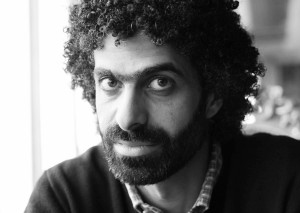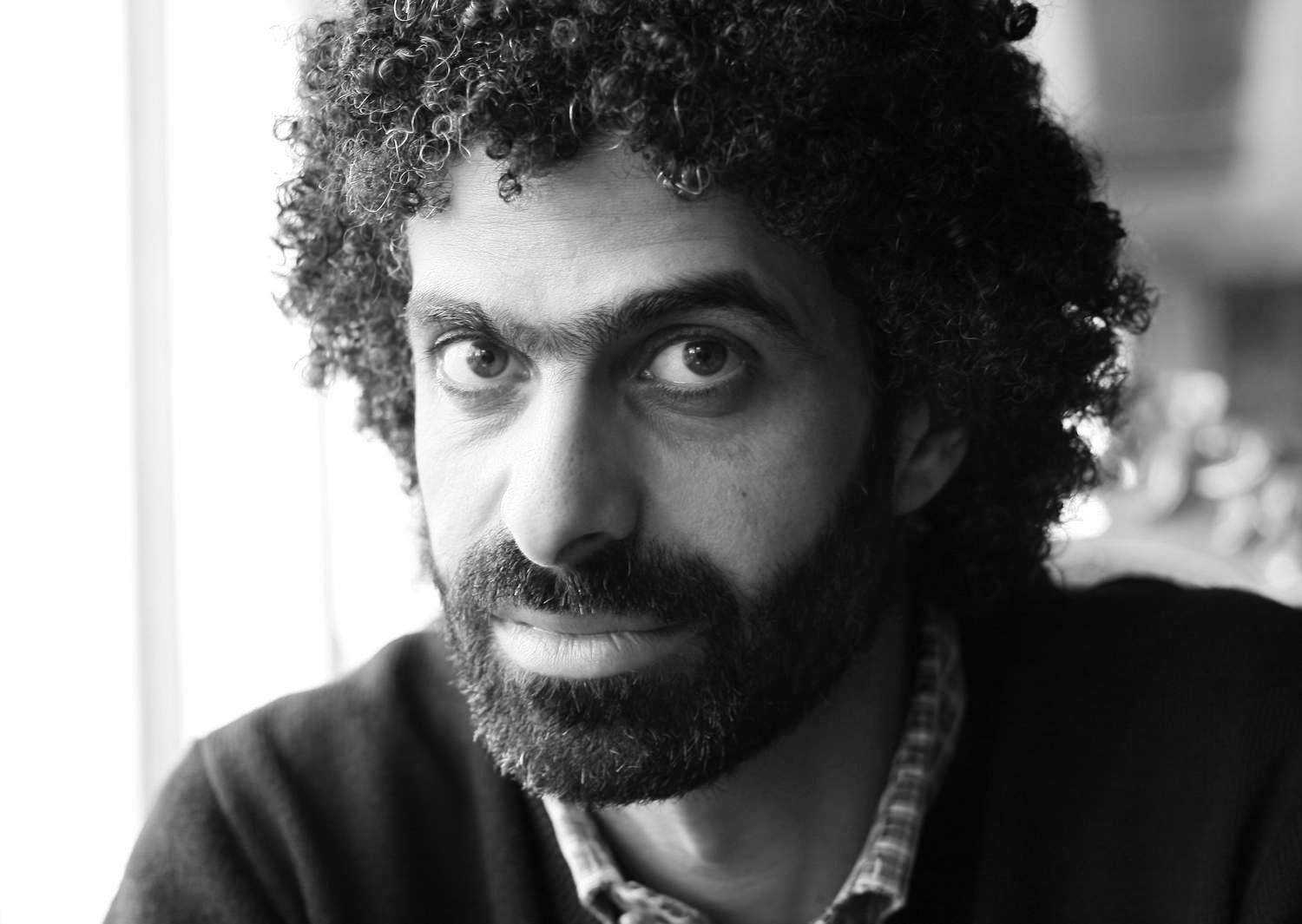
Three months ago I wrote my weekly editor’s letter and named it “The real countdown to the Brotherhood’s fall.” I think I was too conservative in my analysis, basing my argument on an assumed progression of negative attitudes held by average citizens against President Mohamed Morsi and the ruling Muslim Brotherhood. I should have found a way to include the spontaneity factor in the political equation of post-Mubarak Egypt. Tamarod and Morsi himself have both fueled the countdown recently, putting it in top gear.
There are many reasons why the Brotherhood and Morsi have ended up in such a vulnerable situation after being outmanoeuvred by almost everyone else. The aggressive and blunt Brotherhoodisation of state institutions was too obvious to the people and other political groups. It was such a poorly planned process that it created significant anger against them. Such anger had to reach a peak and it will likely be at some point today.
The Tamarod campaign, as a grass roots initiative by young revolutionary Egyptians, was ridiculously underestimated by Morsi and the Islamists. It was reminiscent of Mubarak before his fall saying, “Let them have fun,” referring to political activism on Facebook. Apparently old Egyptian politicians never learn.
Now 22 million people have signed the Tamarod petition calling for early elections, even though their initial target was 15 million. Good luck dealing with this!
Politically speaking, Morsi lost a last chance to absorb the brunt of this wave of popular discontent before his speech. He could have easily split the anti-Brotherhood masses, appealing to the middle classes and the “Couch Party” who see “stability” as an essential value above transitional justice and democracy. He could have dissolved his dysfunctional cabinet, sacked the lightweight prime minister Hesham Qandil, called for a real national dialogue outside the presidential palace, and submitted to some of the opposition’s demands. He could have – at least temporarily – frozen his group’s Brotherhoodisation plans and reconsidered his priorities in terms of the Brotherhood and Egypt. Obviously though his group still comes first.
Morsi’s chances to win over at least a portion of his detractors all but evaporated during his two-and-a-half hour Mubarak-style speech delivered to fawning supporters amid much chanting and applause. Instead he isolated himself and his group further, by attacking numerous companies and individuals by name, including judges. He successfully tallied a long list of his enemies and weakened his legal position by making unbelievable random accusations in public. His accusations may not have been necessarily wrong, but this was not the best way to declare a political war.
The call by the Grand Imam of Al-Azhar Ahmed Al Tayeb and Pope Tawadros II for national dialogue could have worked up until hours before his speech. But obviously it came too late, offered three days later. Despite the high cost the average Egyptian is paying both in terms of security and economically, no one in power was wise enough to act at the right time. It is too late now for any resolution that would keep the Brotherhood in power, even were they ready to share it.
As for Morsi, unfortunately for him, his days in the palace are over, or almost over. If he does not get out of the picture in the next few days, he will be a president in name only, implementing a plan mastered by others and taking nothing but the blame for the country’s economic hardship that will only increase in the next few months. It is frustrating to see the country reach this point due to that cheap agreement between the Brotherhood and the military after the fall of Mubarak. The shortsightedness of politicians since the fall of Muburak means the last two years of potential state building has been wasted. We are still struggling to clear our ground zero.
Given the signals from pro-Morsi protesters over the past couple of days, and the deaths and injuries from clashes in at least six governorates, today may well mark another phase of escalating confrontation in the streets of Egypt. Ordinary members of the Brotherhood and other Islamist groups really feel victimised, thanks to their leaders’ language in the media portraying the massive popular opposition as a war on Islam.
Such feelings of anxiety have already been transferred to the streets, where ordinary people from both sides are ready for a fight. Let’s hope that no more blood is shed, but unfortunately I doubt the day will remain peaceful.
It is actually more worrying to think about the “post-Morsi” phase, whenever it starts. Would radical violent Islamist groups let this pass? I doubt it. This morning anonymous threats were directed at Sharm El-Sheikh in Sinai. It might not be serious and just another scare tactic, but it represents a way of thinking by people and groups that exist among us and do not have full control over their members. Groups believing that what they have failed to dictate by democracy might be achieved by violence or by spreading fear.
The feloul – remnants of Mubarak’s regime – those conservative politicians and businessmen, are desperate to have the army step in to bring “stability”. In coordination with them, the Ministry of Interior (that excelled at killing and torturing young revolutionaries under Mubarak), the military and Morsi are suddenly turning revolutionary themselves and “siding” with Tamarod and repeatedly declare their neutrality in a way that shows a relaxed attitude towards the likelihood of violence between pro and anti-Morsi protesters.
It is definitely a stage the feloul and the Ministry of Interior are orchestrating from a distance in order to force the military to step in and “save the country”, which since Thursday appears to actually be happening.
Of course the new, younger military leaders do not really want to participate directly in the Egyptian political circus again. Whether they like it or not, they will. I expect that we will have a period of at least six months or up to one year of absolute power in the hands of the military.
The new military leadership might be smarter than Field Marshal Mohamed Tantawi’s gang with their Soviet-style oppression tactics that destroyed the image of the army for a time in the eyes of average Egyptians. Major General Abdul Fatah Al-Sisi and his military elite would probably master the post-Brotherhood transition with some civilian facade to take the blame for whatever goes wrong.
Let us all hope we do not reach an Algerian scenario like what happened in the 1990s between the military and violent Islamists. Reconciliation and dialogue will be crucial to save the country. The rule of law and justice for all, from far right to far left, is the key to stability.
It is another historical period indeed, where people everywhere will be observing the manner in which Morsi will leave the palace. I do not pity him. He can at least claim one achievement in having made the third longest speech in history by a world leader, being the only one that started in one day and finished in another.



